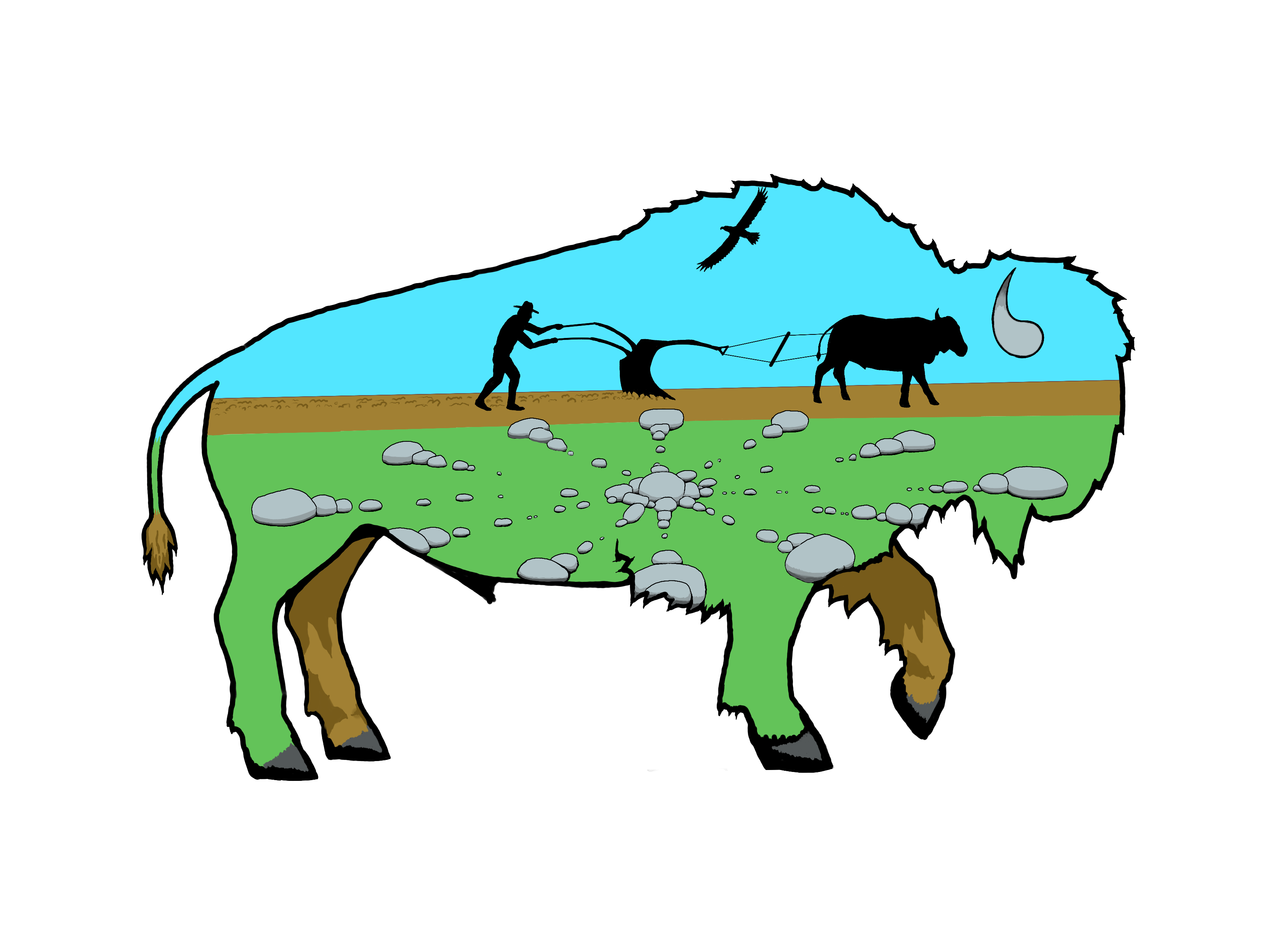
Indigenous Solidarity Working Group
The Indigenous Solidarity Working Group (ISWG) is a subcommittee of the NFU’s International Program Committee (IPC) established in 2015 by NFU members seeking to learn and build solidarity to support Indigenous-led efforts to defend Indigenous territories and sovereignties, advance efforts for land rematriation, and protect the lands and waters — both as living beings in their own right and as the foundation of our wellbeing, livelihoods and survival.
The NFU has a long-standing commitment to act in solidarity with Indigenous peoples. We understand that Canadian agriculture is deeply shaped by settler colonialism and that, as treaty people, or people living on unceded Indigenous territory, we have a social and legal responsibility to uphold the original agreements settlers made with sovereign Indigenous nations.
We are building solidarity based on a recognition that Indigenous and non-Indigenous farmers share a lot of common ground as peoples who are on the land and who feed our communities. We have a mutual interest in protecting the land and the water for future generations. There are many ways in which NFU farmers and Indigenous hunters, gatherers, trappers, fishers and farmers can learn from each other, deepen relationships, and collaborate to promote food sovereignty.
For questions or to get involved in this work, contact ipccoordinator@nfu.ca.
NFU Indigenous Solidarity Statements and Actions
Indigenous Food Sovereignty and Rematriation Resources
Join the ISWG’s bi-monthly discussion group
The ISWG hosts bi-monthly discussions that provide a platform for members to share resources, learn together and engage in a process of decolonizing food, land and relationships.
If you are interested in joining the ISWG or have ideas for how we can effectively stand in solidarity for Indigenous rights and food sovereignty, please contact the office at nfu @ nfu.ca. ISWG co-chairs are Terran Giacomini, Ayla Fenton, and Bryanna Kenny.
Webinar Series 2019
The National Farmers Union’s 2019 Webinar Series on Indigenous Food Sovereignty and Settler-Colonialism in Canadian Agriculture
The NFU invites all our members and allies to join a series of on-line discussions (“webinars”) on Indigenous food sovereignty and settler-colonialism in Canadian agriculture. The discussions are taking place over the course of the winter and spring of 2019. The first webinar was on 27 February 2019 with Danielle Boissoneau and Adrianne Xavier.

Danielle Boissoneau is Anishnaabe kwe writer, mother and seedkeeper. She actively reclaims space on the land and in her mind for new ways of living. Decolonization through intentional practice of building relationships with the land, with food and with the people is another way that she shares herself with the world. Danielle has shared her written words with Briarpatch Magazine, GUTS Magazine, as well as being a contributing writer to the Two Row Times. She grows her children and her food with love and power.
Purpose of the webinar series
The NFU has a firm commitment to building relationships of solidarity with Indigenous peoples in Canada. We hope this webinar will:
- Deepen our understanding of on-going settler colonialism in Canada from the perspective of Indigenous peoples who are the experts of their own histories and experiences;
- Build relationships based on shared interests in food sovereignty and acknowledgement of differences;
- Discuss pathways for solidarity and joint action between Indigenous and non-Indigenous peoples to challenge settler-colonialism in the food system and contribute to building food sovereignty for all.